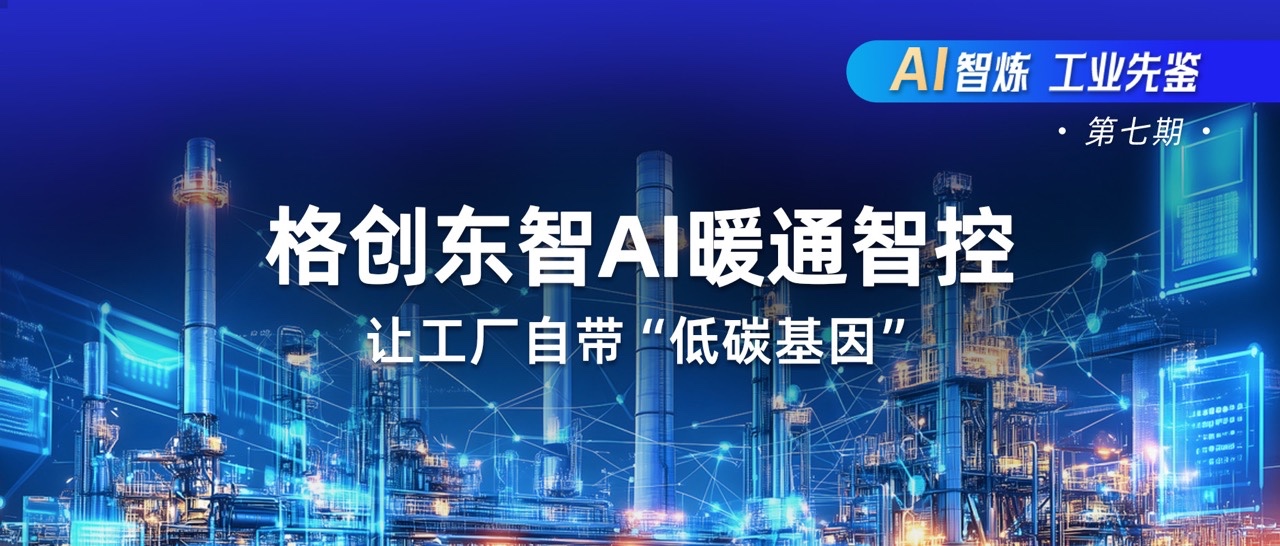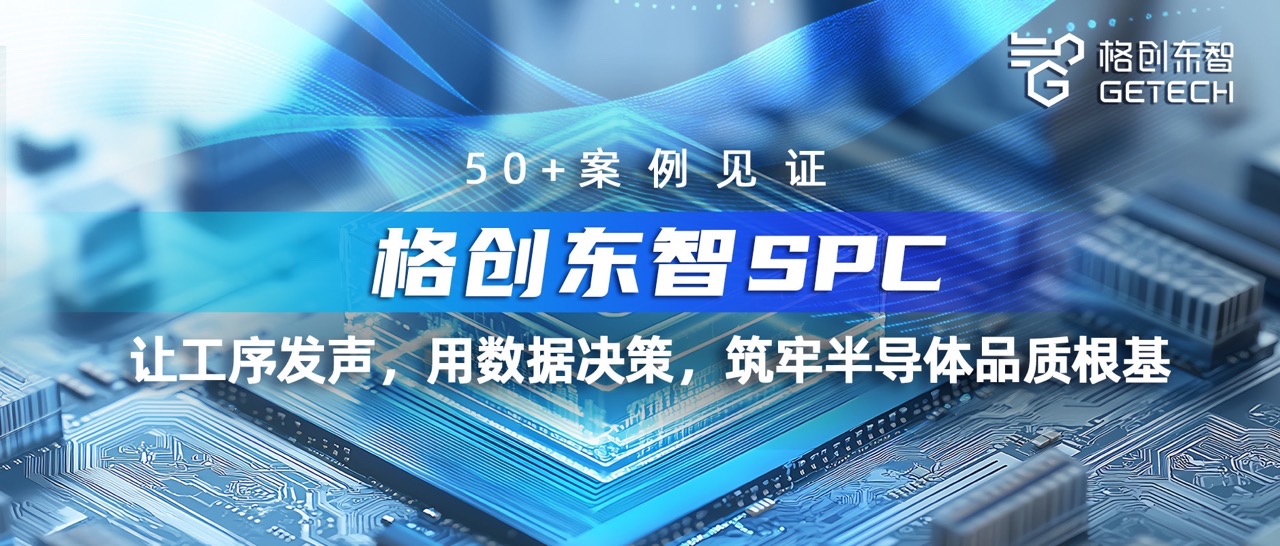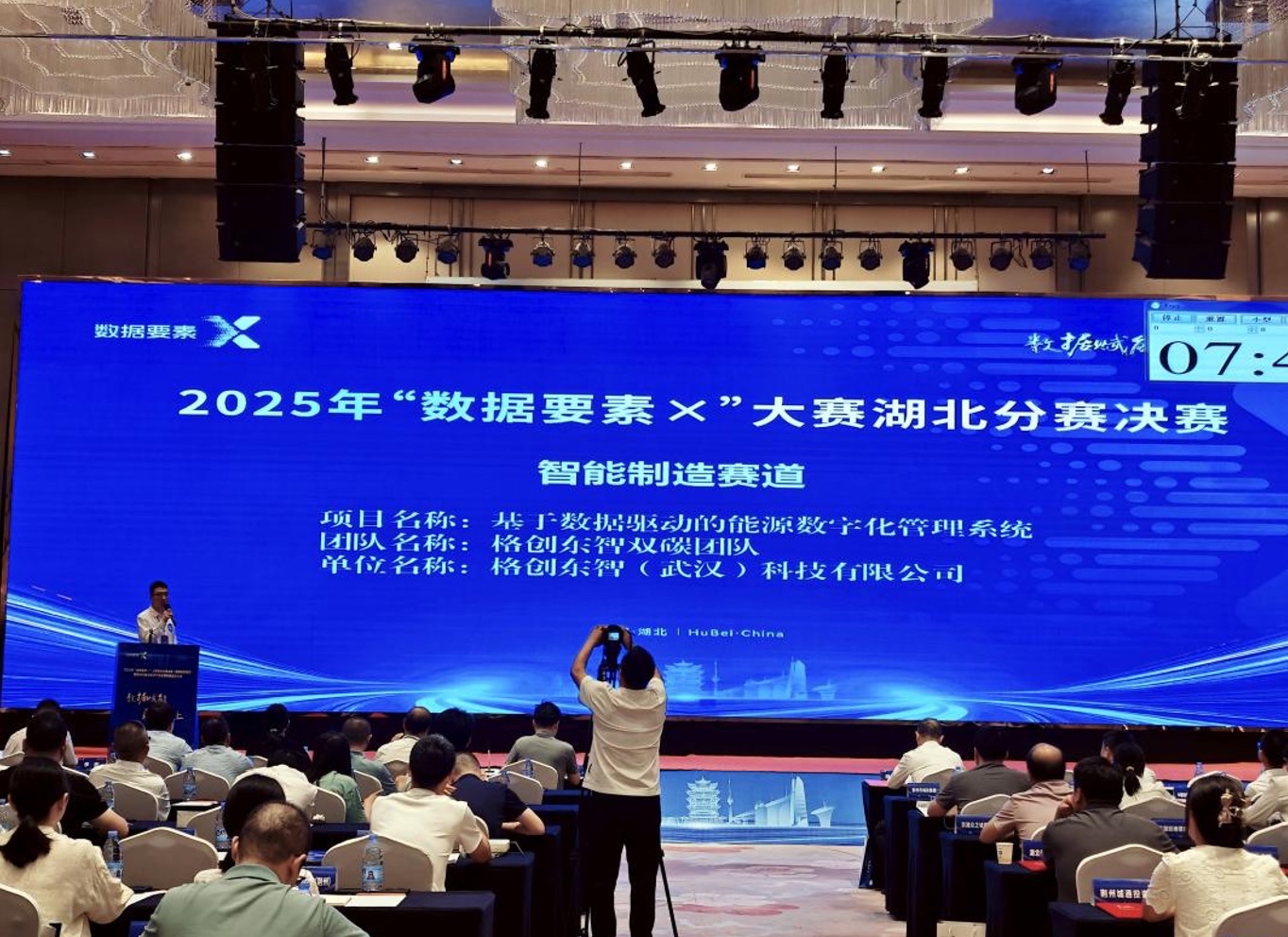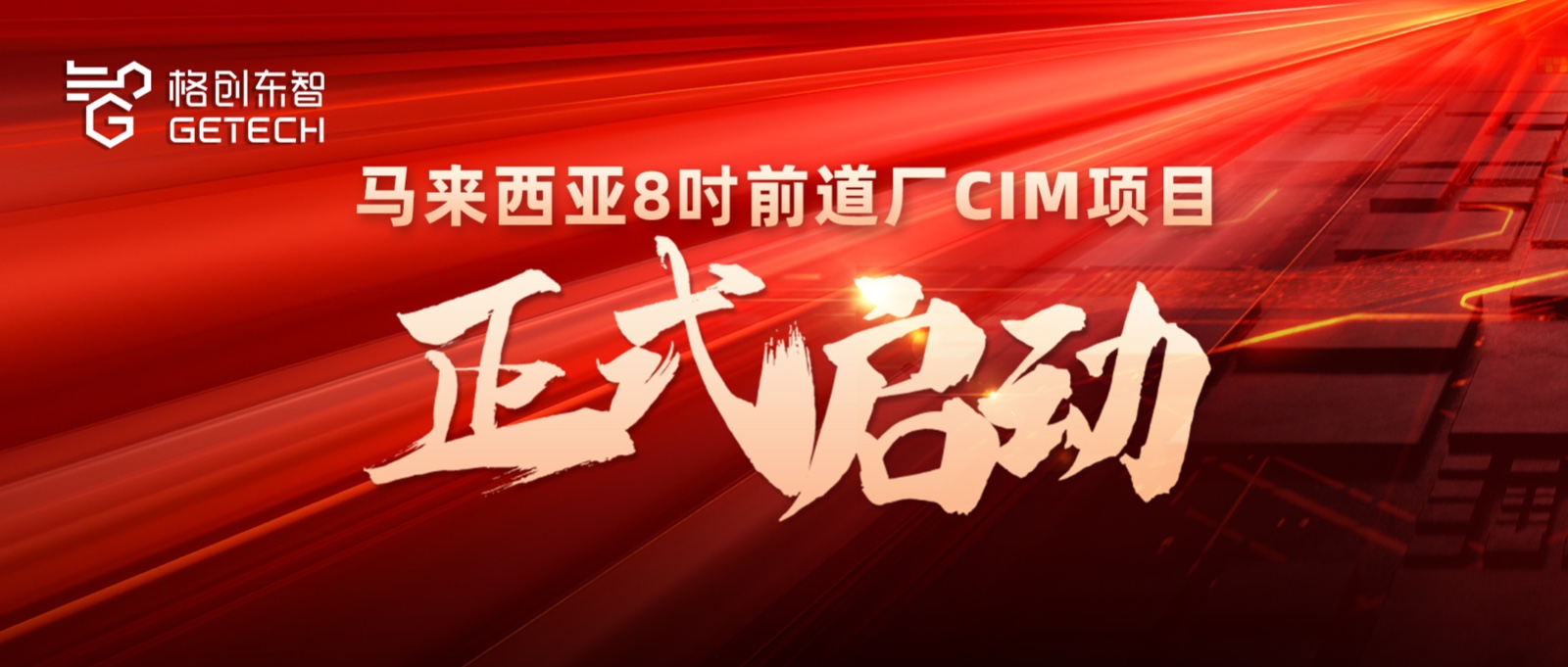Expert Sharing | How Digital Intelligence Applications Enhance Quality Management in Manufacturing?
On July 19, the China International Electronic Production Equipment and Microelectronics Industry Exhibition was held in Shanghai. This exhibition aimed to integrate advanced packaging and testing technologies with the latest PCBA technology trends, bringing together over 500 renowned companies from fields such as automation technology, semiconductor packaging and testing, Mini LED chip packaging and testing, and electronic manufacturing services (EMS). Su Enkai, Pre-sales Director of GTRONTEC, attended the Artificial Intelligence and Advanced Factory Management Application Conference and delivered a keynote speech, sharing GTRONTEC's innovative concepts and applications in the field of manufacturing quality management.
In manufacturing, quality management has always been an eternal theme in corporate management. To achieve better quality management, companies must possess sufficient and useful data and information.
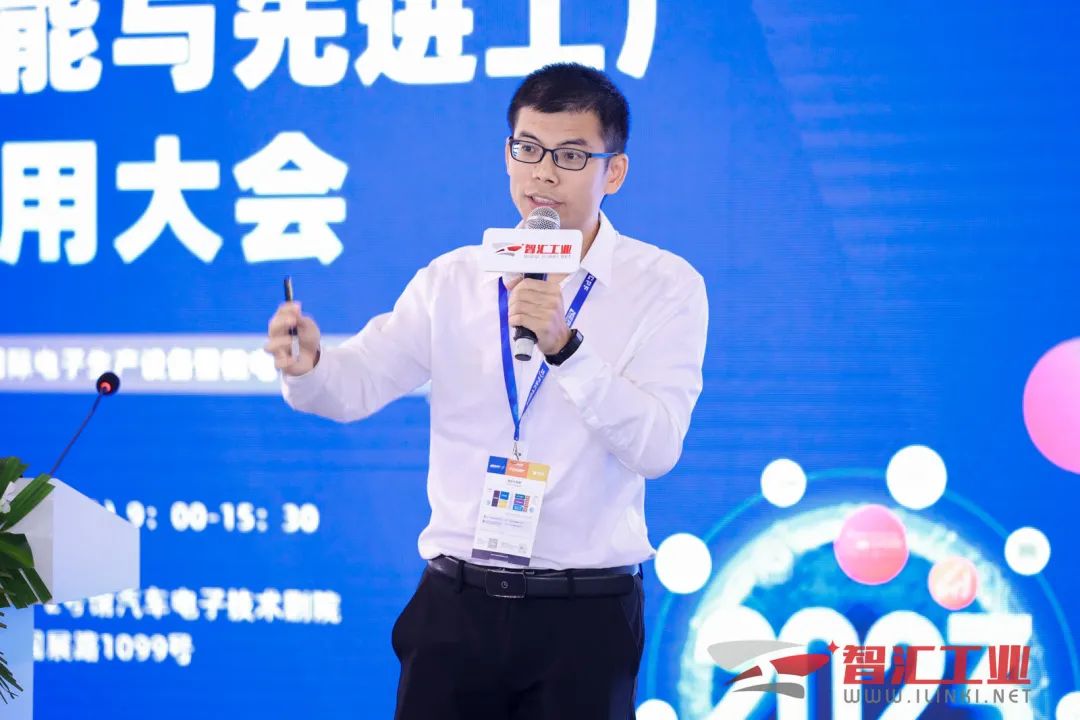
Su Enkai explained that traditional quality management methods, lacking digital tools, often suffer from issues such as paper-based management, inefficient approvals, and limited analytical methods in data acquisition and processing, leading to mistakes and errors that directly impact product quality.
"In this context, more and more manufacturing companies are focusing on the entire process, from design and production to improvement and inspection, applying emerging technologies like AI and big data to scenarios such as yield analysis, characteristic value analysis, root cause analysis, and AI detection to address quality management challenges."
In terms of digital quality management, GTRONTEC offers a complete product and service matrix, providing integrated one-stop digital solutions to help manufacturers effectively enhance quality management:
QMS Quality Management System:
Comprehensive, full-process, and full-lifecycle quality management: Integrates overall quality management with product lifecycle quality management, connecting quality data chains from group companies to subsidiaries, departments, teams, and shifts.
Seamless integration with other information systems to eliminate data silos: Integrates with PLM, SAP, MES, SRM, CRM, and other systems to ensure business continuity and eliminate information isolation.
Microservices architecture for flexible deployment: Built on a microservices architecture with cross-platform support for operating systems and databases, using BS and mobile client methods; supports on-premise and SaaS cloud deployment.
SPC Statistical Process Control:
Diverse data access: Automatic collection from instruments and equipment, automatic reading of data files, custom data entry, and multiple database interfaces.
Efficient computing: Real-time linkage with process data, real-time indicator calculation, complex statistical chart presentation, and automatic control line updates.
Real-time monitoring and alerts: Instant alert notifications, automatic shutdown feedback, real-time monitoring dashboards, and process capability analysis.
Flexible system design: Independent data processing programs, adjustable data collection frequency, data simulation capabilities, and expandable functionality.
MFA Multi-Factor Analysis:
No-code: No-code modeling enables analysis without an IT background.
Traceable: Visual modeling allows tracing of the analysis and modeling process.
Predictive: Real-time prediction monitoring, anomaly pre-warnings, and alerts to support actual production.
Self-learning: Autonomous model updates and iterative self-learning.
AI Intelligent Visual Inspection:
Based on deep learning algorithms, integrated with traditional AOI/CCD equipment to automatically classify product defects, enabling autonomous optimization of inspection methods and completely replacing manual re-evaluation in traditional machine vision, providing industry with tireless eyes and a brain.
Against the backdrop of accelerating integration between emerging technologies such as digital twins, 5G, IoT, and AI with industries, AIoT-driven digital transformation and innovation in manufacturing are imperative. As a national cross-industry platform incubated from the semiconductor industry, GTRONTEC possesses strong platform technical capabilities, mature smart factory planning expertise, and extensive experience in building benchmark cases, having successfully served nearly 20,000 clients across more than 20 industries.

